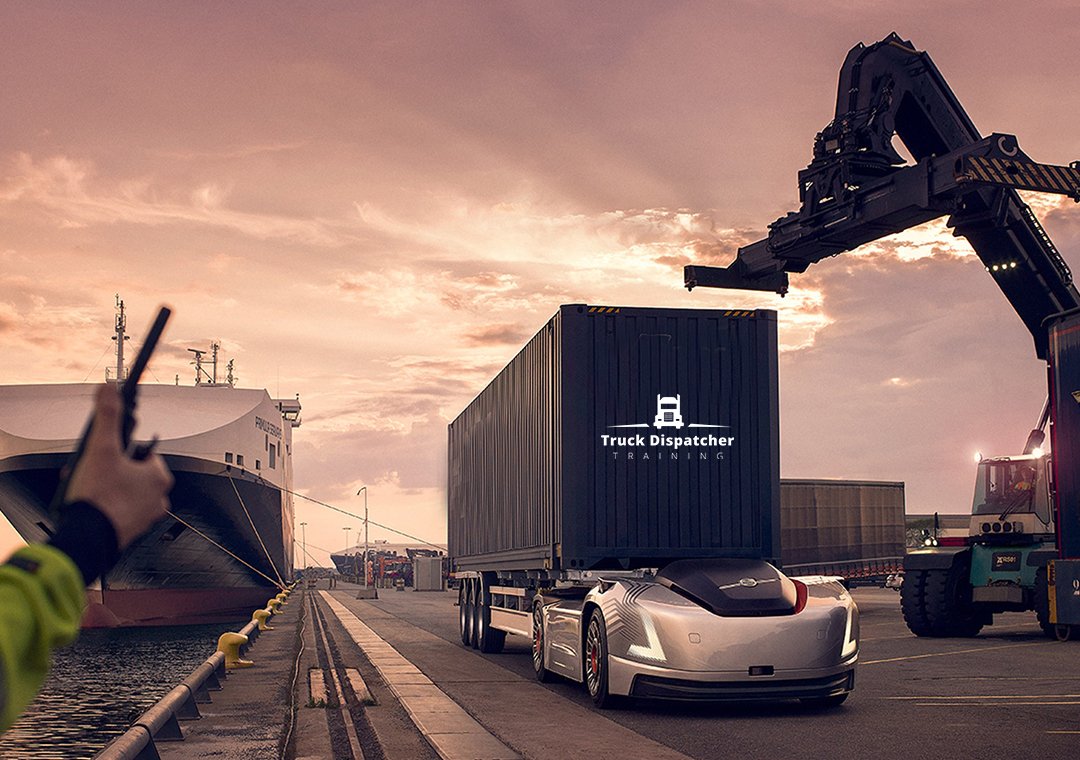
Dry Vans: Pros, Cons and Rates
Freight transportation with the help of dry vans is very popular in the United States. And it is not surprising, as this type of van provides a high level of cargo safety during transportation, including protecting it from atmospheric precipitation.
What is a dry van?
In simple words, it is a box on wheels. It does not have temperature control systems, because it is specifically designed for the transportation of dry cargo (hence the name). That is, it cannot be used for the transportation of things that are spoiled by heat (meat, fish, ice cream, etc.). Dry vans load goods in boxes and materials on pallets.
How much money can be made on dry freight shipments?
As mentioned above, dry freight is considered one of the most in-demand in America. So even though you’ll get a little more per trip on flatbed trucks, using a dry van is more profitable in the long run.
The cost of dry van freight depends on several factors, viz:
- the relationship between supply and demand;
- distance;
- the type of cargo, its size, weight and other characteristics;
- the price of delivery of the cargo;
- fuel costs.
The cost can also be increased by additional charges.
Pros and cons of dry cargo transportation
The advantages of dry cargo shipments include:
- Affordability. Dry vans are relatively inexpensive to buy and maintain.
- Versatility. The type of vans we are considering is suitable for many loads. On such vans are allowed to transport equipment, furniture, household and digital equipment, clothing and shoes, food that does not require maintaining a certain temperature.
- Efficiency. This plus is directly related to the previous one. Due to the versatility of dry vans, different goods can be loaded into them simultaneously.
But the main advantage of dry transportation is that they are as safe as possible due to fully enclosed vans.
The disadvantages of dry transportation are:
- Relatively less capacity. Restrictions on the height, length and weight of cargo are especially important in the peak season, for example, before the holidays. In order to solve the problem, it is sufficient to plan all aspects of freight transportation in advance.
- The inability to transport certain foods. In dry vans, unlike refrigerated trucks, it is impossible to create and maintain a particular temperature. Because of this, they are not suitable for perishable food.
- Wooden floors. Compared to metal, they are less resistant to damage of mechanical nature and the effects of moisture.
Thus, with proper planning, dry cargo transportation can bring considerable profit. The main thing is to carefully think through all the transport logistics, including cargo, route, weather, etc.
Our latest posts

Start your own truck dispatch business with expert tips and tricks| Truck Dispatcher Training
In our new video, we dive into the exciting world of trucking logistics in the USA. Our host sits do...

Effective methods of self-development in your career
Self-development is a vital aspect of one’s career growth and overall well-being. In todayR...

Modern training methods for freight dispatchers
In the fast-paced world of modern freight transportation, dispatchers play a critical role in ensuri...